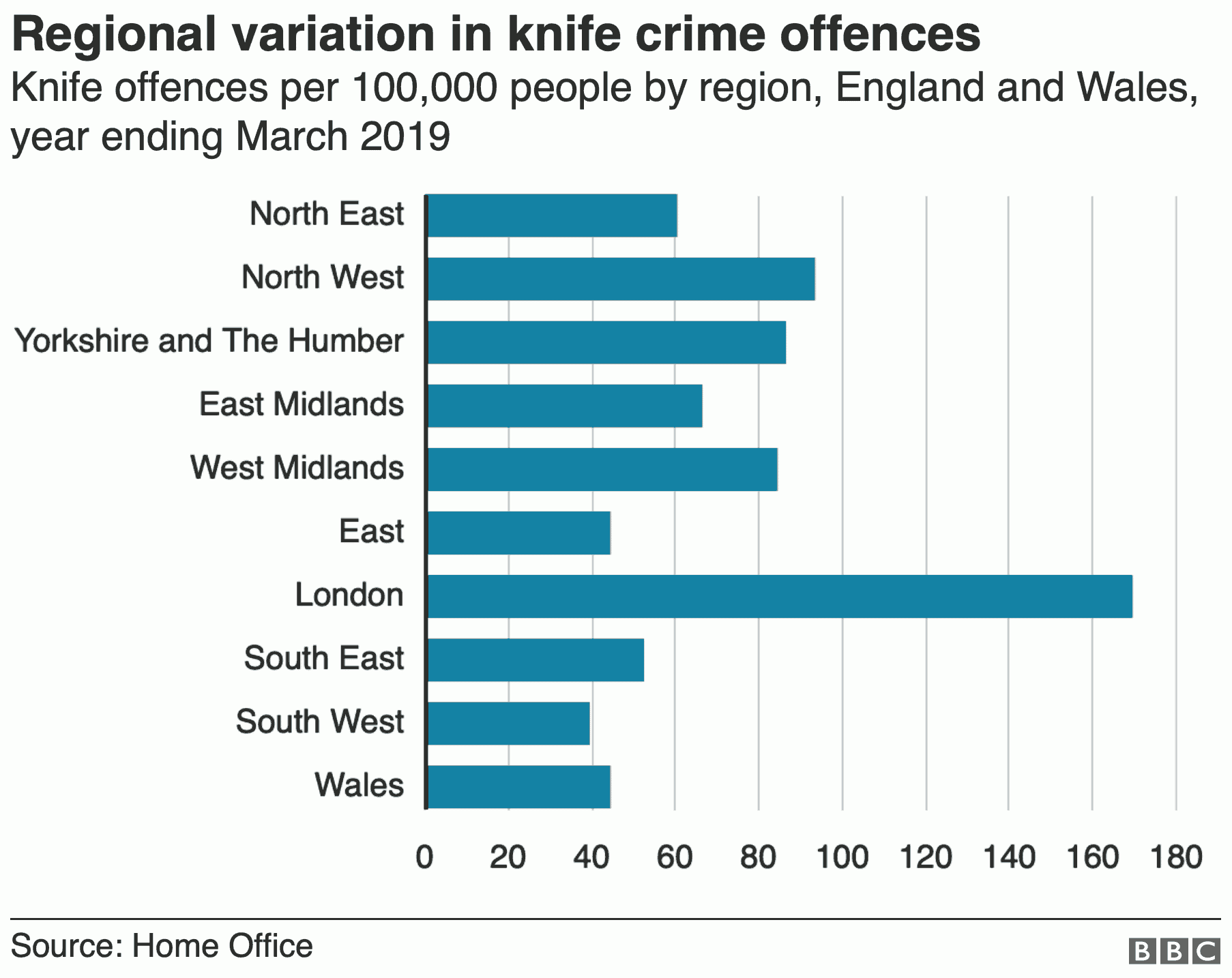The Need for LNK
A National Epidemic
40,000 knife crime offences were committed in the UK in 2018, and the knife crime epidemic has, as of 2019, reached an all-time high.
While this increase almost certainly has links to public service cuts and there being 20,000 less police than in 2010, more emphasis has fallen on youth support networks such as LNK to guide susceptible young people into education and employment and away from gang culture.
In 2019 the U.K saw the highest amount of crimes involving knives in recorded history.

Local Factors
With London at the epicentre of an already significant problem, LNK’s role for Croydon’s local community is also hugely important. Croydon has the largest under 18 population of any London borough, standing at around 94,000 (or 25% of population).
Croydon has the worst record for knife crime in schools out of any London borough.
Police statistics reveal that around 49% of those committing knife crimes in London are teenagers or younger, and thus the need to support these young people is as great as ever. Croydon also ranks as one of London’s most deprived districts for education and training as well as for crime. Given that most of the young people referred to LNK are born into socioeconomic disadvantage and have already suffered significant trauma in their lives, LNK believes that by mentoring these young people, taking the time to understand their situation, and offering them a safe environment, we can help them to overcome obstacles in their lives and succeed. As well as the clear social benefits of reducing knife crime and keeping young people out of offenders’ institutes and in education or employment, there is also a clear financial benefit for the government, as the average cost of sending a male aged 15-17 to a young offenders’ institute is estimated to be around £85,975 per year.


